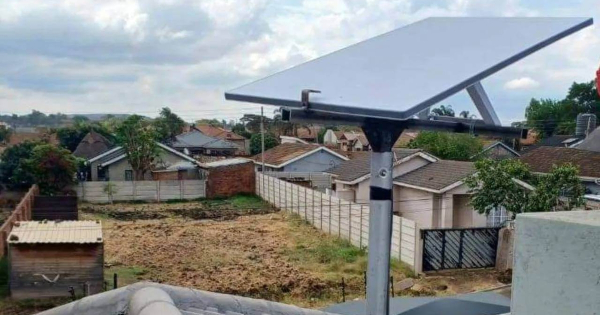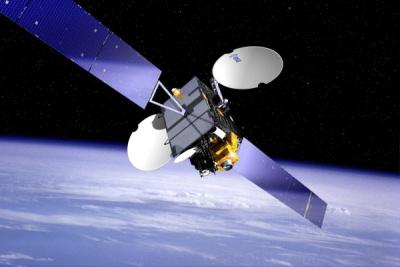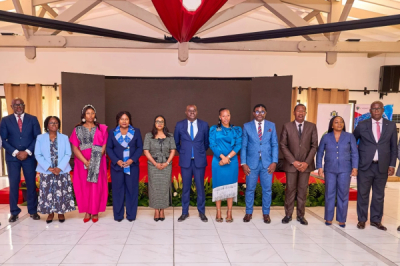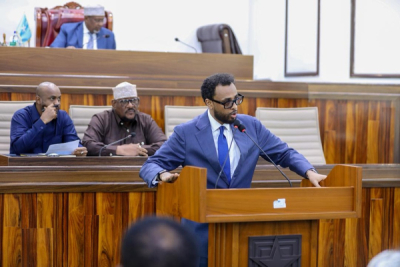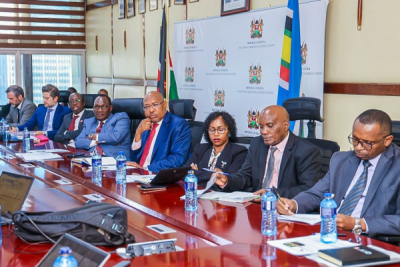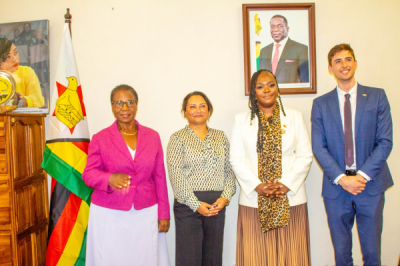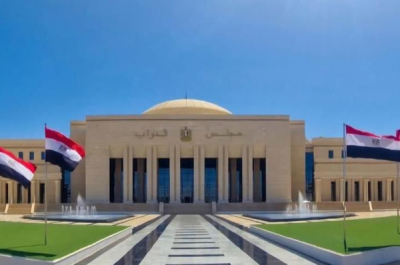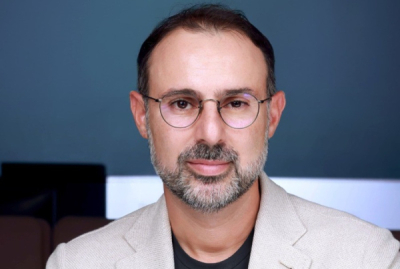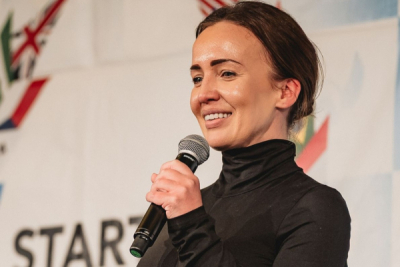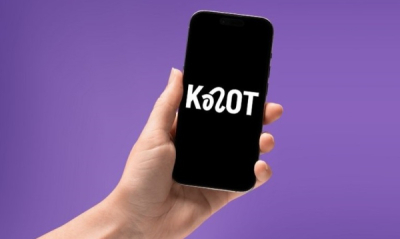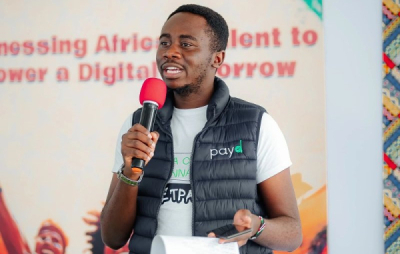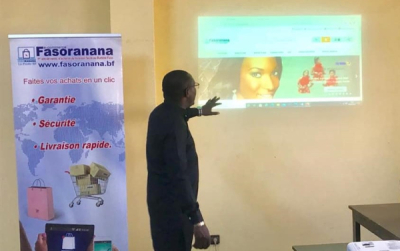The congestion highlights the limitations of satellite broadband when demand surges in densely populated urban areas. It’s a reminder that no single technology—no matter how advanced—can meet the continent’s connectivity needs alone.
Starlink has paused new residential internet kit sales in parts of Lagos and Abuja, citing congestion on its network as demand outpaces capacity in Nigeria’s busiest urban centers. New customers in these zones can only join via a waitlist with a deposit until more capacity is unlocked.
On September 16, users in Abuja attempting to order a Starlink kit encountered the following notice: “Starlink service is currently at capacity in your area. However, the good news is you can still place a deposit now to reserve your spot on the waitlist and receive a notification as soon as service becomes available again. Please note that we cannot provide an estimated timeframe for service availability, but our teams are working as quickly as possible to add more capacity to the constellation so we can continue to expand coverage for more customers around the world.”
This pause mirrors a previous suspension in late 2024, when Starlink froze nationwide orders for nearly eight months due to limited bandwidth and pending regulatory approval from the Nigerian Communications Commission (NCC). Sales only resumed in June 2025 after infrastructure upgrades and clearance. A similar scenario played out in Kenya in November 2024, when Starlink halted new subscriptions in Nairobi and five surrounding counties after overwhelming demand stretched the network’s capacity.
The oversubscription underscores Nigeria’s urgent demand for reliable, high-quality internet services, even at rising price points. For consumers, the stakes are immediate: affordability and access. Residential service now costs ₦57,000 ($38) monthly, up from ₦38,000 ($25) initially. Yet demand remains strong, reflecting a growing appetite for connectivity that meets international standards. Starlink counted 59,509 active users in Q1 2025, according to the National Communications Commission (NCC) data—about 20.6% of Nigeria’s 289,369 ISP subscribers.
For policymakers, the lesson is broader: Africa’s digital future cannot rely on a single technology. With the continent’s digital economy projected by the World Bank to reach $180 billion by 2025, affordable and reliable connectivity is essential. That requires a resilient ecosystem combining satellites for remote communities, mobile broadband expansion, and fiber backbones in urban centers. Without investment in complementary infrastructure and strong policy frameworks, Africa risks bottlenecks that could slow digital trade, financial inclusion, and e-governance ambitions.
The developments in Nigeria, Starlink’s largest African market, are now a test case for how satellite internet operators will adapt to the continent’s fast-growing but price-sensitive demand.
Hikmatu Bilali


